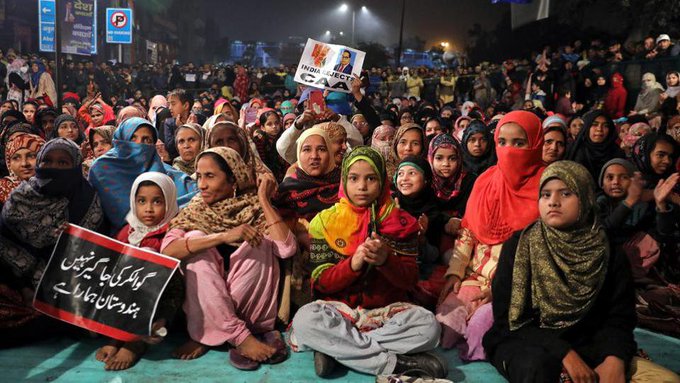
In a latest development, the Union Ministry of Social Justice and Empowerment has issued the Transgender Personas (Protection of Rights) Rules 2020 under which transgender people will not have to undergo a medical examination to apply for certificate of Identity. The certificate of identity that will determine that they are transgender was mandated to be issued by the District Magistrate in the 2019 bill. It was criticised by the transgender community and other supporters of the NALSA verdict for its regressive proposal denying the right to self-determination and for mandating a medical intervention that will cross-check their claim of being a transgender. The LGBTQ community condemned the bill draft for taking away their dignity as it proposed that their gender identity will depend upon verification and certification by an officer. Critics said the procedure will subject transgender people to intrusive medical scrutiny and facilitate their harassment by medical practitioners.
The bill that is aimed at securing transgender rights and fighting discrimination against them is set to be implemented as the Centre has notified the new rules on the 25th September. Now, a person desiring to declare their gender will have to submit an affidavit of declaration of their gender identity based on which the District Magistrate will process the application, without any medical or physical examination. Thereafter, an identification number will be issued to the applicant that can be quoted as proof of application. The application, that can also be made by the parent on behalf of their children, is to be made to the DM physically until the system goes online.
In the new rules, transgender persons who have officially recorded their change in gender, whether as male, female or transgender, prior to these rules are not required to submit the application to obtain certificate of identity. Directives have been given to state governments to constitute welfare boards for transgender persons to protect their rights and to facilitate their access to schemes and welfare measures. State governments must take proactive measures to prohibit discrimination of transgender persons in government or private organisations or educational institutes, create an inclusive educational curriculum and ensure equal access to social and public spaces, including burial grounds, under these directives. For this, Transgender Protection Cell is required to be set up under the charge of state’s DGP and DMs that will monitor cases of offences against transgender persons ensuring timely registration, investigation and prosecution. The new rules also mandate the construction of transgender-sensitive infrastructure within two years of the notification of the rules. These include separate wards in hospitals and washrooms of various establishments.
The Bill was passed in Rajya Sabha in November last year, and in Lok Sabha in August of the same year. The upper house had refused to send the bill to the Select Committee which was a demand made by the transgender community and others opposing the legislation. The draft of the new rules proposed in the middle of the pandemic in July this year gave only 30 days to the public to respond with suggestions, comments and feedback. As many people in the Trans community face the problem of limited access to the internet, it makes it difficult for them to mobilise, discuss and respond to the Rules. More importantly, the new rules still do not address the many points of opposition that were made to the bill. The bill continues to violate the provision of Right to Self-Determination of Gender made in the landmark NALSA judgment of 2014, which was hailed as progressive by the Trans community. Further, on the question of reservation in education or employment, both of which were mandated in the NALSA verdict, the new rules remain silent. The trans community believes that ensuring these reservations would be the first step towards uplifting their social status. Finally, the bill continues to mandate that a Trans person willing to identify as male or female will have to undergo sex reassignment surgery to get identity cards, which has been vigorously opposed.
While removing the mandate for medical examination and allowing self-perceived identity based application will be seen as a relief, it remains limited in comparison to the provisions of the NALSA judgment. The 2019 Bill was criticised as it did not intend towards the realisation of civil rights such as marriage, civil partnership, adoption and property rights as well as social security and pension, thereby continuing to deprive transgender persons of their fundamental rights and the constitutional guarantee provided by the Supreme Court in NALSA. These continue to be unaddressed in the new rules.













